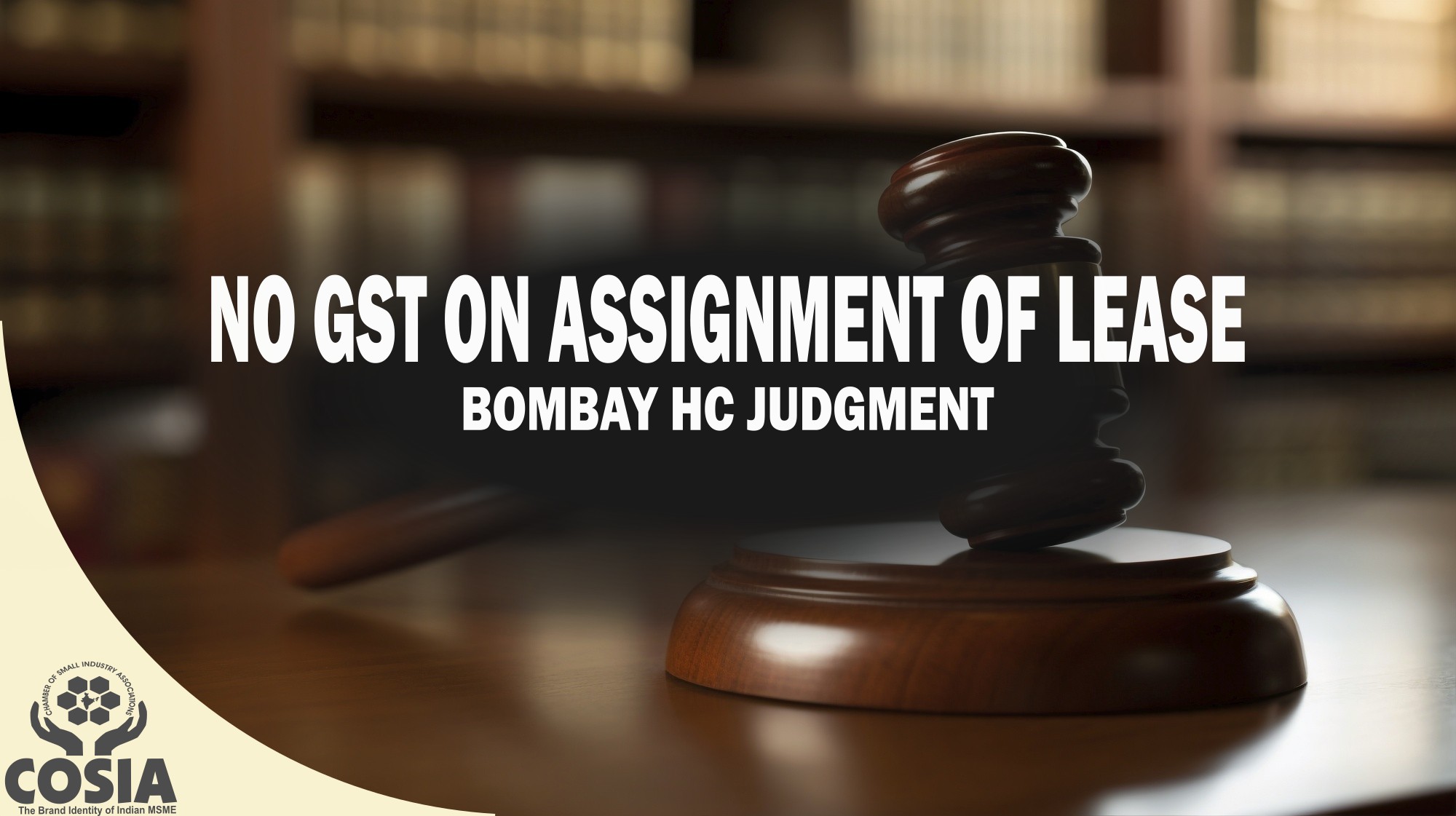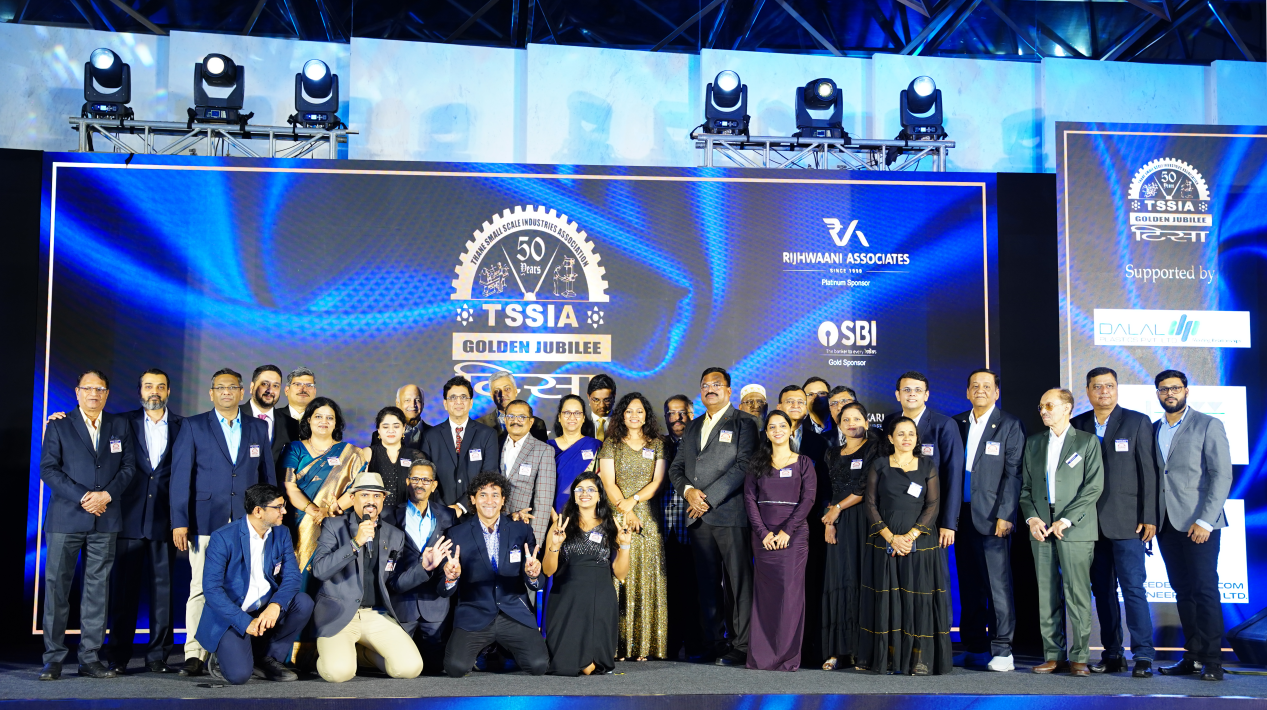Maharashtra Electricity Distribution Company Ltd. (MSEDCL) in Maharashtra has been illegally collecting wheeling charges from retail consumers, a practice that violates the provisions of the Electricity Act, 2003. The issue has sparked concerns among industry representatives, with the Thane Small Scale Industries Association (TSSIA) taking a firm stand against the unlawful charges.
As per the Electricity Act, 2003, wheeling charges can only be levied on Open Access consumers—those who procure electricity from third-party distribution companies. Retail consumers, who purchase electricity directly from local DISCOMs, are not liable to pay these charges. However, reports indicate that MSEDCL has been imposing these fees on regular consumers without any clear directive from the Maharashtra Electricity Regulatory Commission (MERC).
Legal experts and industry representatives argue that this practice amounts to double billing, as the MERC already includes transmission and distribution costs in its approved tariff structure. By separately charging wheeling fees, MSEDCL is burdening consumers with additional, unlawful costs.
The Appellate Tribunal for Electricity (APTEL) has previously instructed regulatory commissions to ensure compliance with the Electricity Act, 2003. Despite this, MERC has not explicitly addressed the issue in its tariff orders, leaving room for MSEDCL to continue imposing these charges.
At a press conference held on 1st April, 2025, TSSIA highlighted the issue and called for immediate regulatory intervention. The association emphasized that if the MERC does not take a definitive stand, consumers will continue to suffer financial losses due to unfair billing practices.
“The wheeling charge is meant for Open Access consumers who use third-party suppliers, not for retail consumers. Imposing these charges on small businesses and households is not just unlawful but also unethical. The government and regulatory bodies must step in to stop this practice immediately,” said a Bhavesh Maru – Hon. Gen. Secretary of TSSIA.
The AHAR (Indian Hotel & Restaurant Association) is also reportedly pursuing legal action to challenge the unlawful collection of wheeling charges.
Consumer rights groups and industry representatives are now urging MERC to issue a clear directive prohibiting the collection of wheeling charges from retail consumers. Without such clarity, MSEDCL may continue to exploit regulatory loopholes, leading to unjust financial burdens on consumers.
With growing pressure from industry associations and legal experts, all eyes are now on MERC to address this issue. Until then, TSSIA and other concerned organizations will continue to advocate for fair electricity billing and consumer rights.




